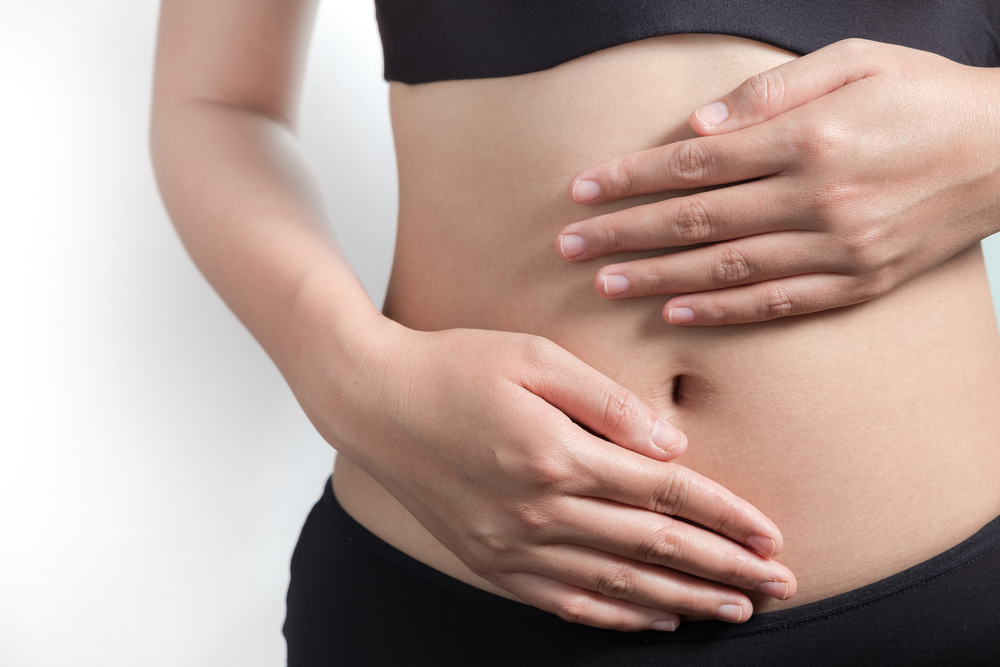We often hear about the importance of having a healthy gut but how do we know if the belly is doing its thing or needs some help? Well, that can be tricky when there are so many conditions that can be linked back to imbalances in the digestive system.
You may have heard the terms good bacteria and bad bacteria. They refer to the microorganisms that live in our digestive system. The CSIRO explains how our gut is colonised by a large number of microbial populations, known as ‘the gut microbiome’ in this video.
The Charles Perkins Centre at the University of Sydney also sums it up well.
“Our gut houses an enormous population of microorganisms, with each of us having an individual gut microorganism profile,” it published.
“The activity of these microorganisms modifies the chemical composition of the food we eat. This influences how our bodies use it to produce energy and fight disease.
“Despite their microscopic size, these tiny living things therefore hold significant sway over the major regulatory control systems of the body, including our metabolic, immune and nervous systems, and ultimately over our food choices and other behaviours.”
OK, so, pretty important.
The signs and symptoms of digestive imbalances
How do you tell when your gut flora isn’t thriving?
Australian nutritionist Lyndi Polivnick told SBS our stool is a good indicator of gut health. She explains what to look for in more detail in this article.
There are some other signs of an unhealthy gut including:
- Low energy
- Dark circles under the eyes
- Interrupted or restless sleep
- Blotchy skin.
For more related symptoms check out this list by the Gut Foundation.
Why a healthy gut is so important
According to the CSIRO, Australia has one of the highest incidence rates of chronic diseases of the digestive system, including colon cancer and inflammatory bowel diseases.
Bad gut health can lead to a lot of other serious conditions including:
- Stroke
- Asthma
- Obesity
- Diabetes
- Mental health
- Pre-eclampsia in pregnant women
- Low immunity.
Professor Emad El-Omar, from the University of New South Wales, explained to AAP why it makes sense that a healthy gut produces a healthy individual.
“You’ve got this organ growing within your bowel that has 10 times more cells than human cells, a hundred times more genes than your own human genes, it weighs the same as the brain and it has the same metabolic activity as the liver, so clearly it has an impact on every aspect of your health and disease,” Professor El-Omar said.
Australian researchers given funding to investigate gut health
According to a piece published by The Australian it’s estimated that half the Australian population will complain of a digestive problem over the next 12 months.
The Federal Government plans to spend $4 million to help Professor El-Mar and his team at the St George and Sutherland Medical Research Foundation establish the Microbiome Research Centre.
Doctors and scientists at the centre will focus on bacteria in the gut. They will look at how imbalances occur and how it causes disease. They believe it will be a critical step in preventing diseases linked to gut health which could save many lives.
“Understanding how that imbalance occurs is very key because we can manipulate it,” Professor El-Omar said.
“It’s about prevention. We want to interrupt cancer. We don’t want to be dealing with cancer at the end, we want to be stopping it from the beginning.
“It is important to be reversing diabetes, reversing obesity, all of these things are potentially preventable.
“It really touches the very basis of disease, going at the beginning, at the inception of it and trying to reverse it.”
If you have concerns about whether you have a healthy gut and want some advice, you could start by consulting your GP. If it’s after-hours and you need a doctor, House Call Doctor is available Monday to Friday from 6.00pm to 8.00am, Saturday from 12.00pm and all day Sunday. You can book online, via the free mobile app or by calling 13 55 66.





